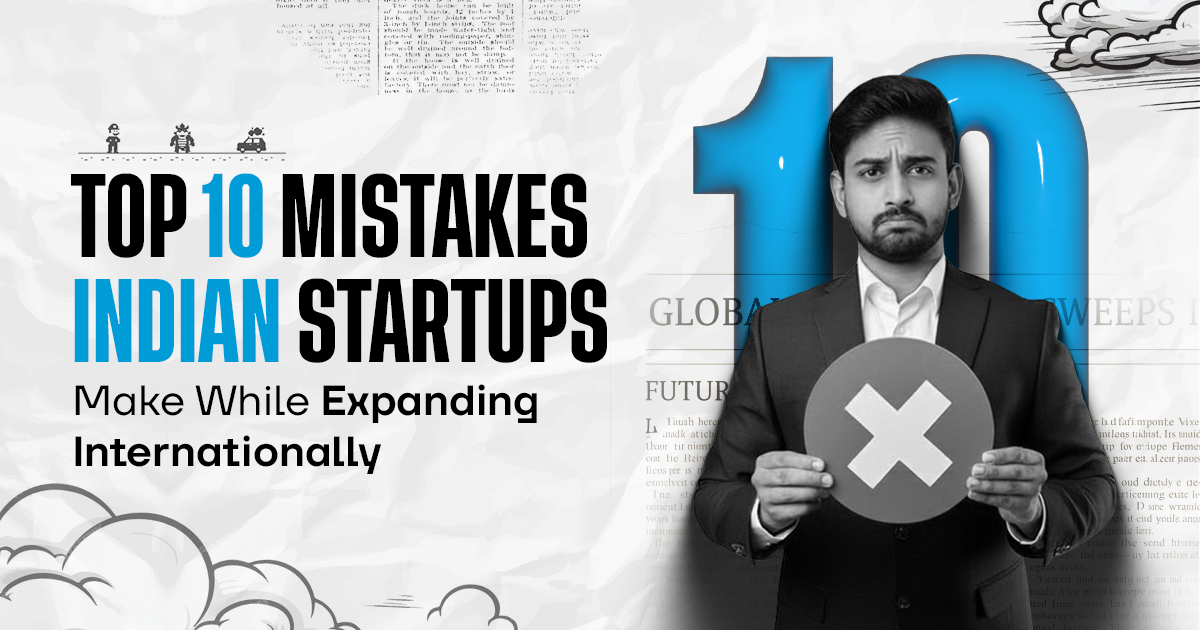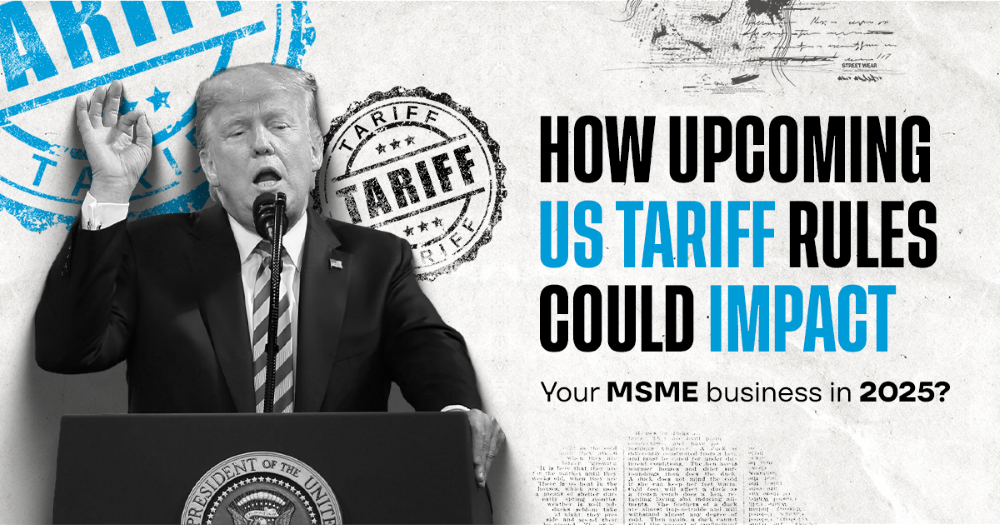
Top 10 Mistakes Indian Startups Make While Expanding Internationally
Introduction
India's startup scene is a hive of innovation, ambition, and rapid growth. In the last decade, many Indian startups have confidently stepped onto the international stage. Although their visions are bold and inspiring, the road to success abroad is not always smooth. Many promising ventures fail because they underestimate the unique challenges of entering a new market.
It takes more than just a great idea to expand across borders. You need cultural intelligence, strategic insight, and a well-thought-out global expansion strategy. The 10 biggest mistakes Indian startups make when they go international and how to avoid them.
1. Rushing Without Market Research
Startups assume that products that are successful in India will be equally successful abroad. Consumer behavior, purchasing power, and preferences are all very different. Launching without proper insight can lead to poor reception.
Tip: Do thorough, localised research on the market before you leap.
2. Underestimating Cultural Differences
What may work in India might not be the best solution elsewhere. Even color symbolism is influenced by culture. Ignoring differences can lead to miscommunication and alienation.
Tip: Hire local consultants and mentors to adapt strategies to different cultures.
3. Ignoring the Regulatory and Legal Frameworks
Every market has its own tax policies, legal frameworks, and compliance rules. They can lead to penalties, delays, or disruptions of operations.
Tip: Early in the process, develop a compliance-first strategy with legal advice.
4. Weak Financial Planning
Expansion abroad is expensive, from hiring talent to building infrastructure. Many startups underestimate budgets or rely solely on Indian revenue streams.
Tip: Create a financial roadmap that is focused on global growth and raise money for it.
5. No Local Partnerships
Risky to venture abroad without local partners. Partnerships provide access to customer insight, distribution channels, and market credibility.
Tip: Work with industry partners, distributors, or accelerators who have local expertise.
6. Overstandardising Products and Services
When you insist on a global uniform offering, you overlook local needs. A rigid approach fails to connect with varied customers.
Tip: Try to balance global consistency and market-specific customisations of features, pricing, packaging, etc.
7. Neglecting Talent Localisation
When India is the only country involved in managing overseas operations, there are often execution gaps. Local teams have the cultural fluency, credibility, and expertise needed to be successful.
Tip: Hire local talent to build trust and networks.
8. Donít Overlook Branding and Communication
A popular message in India might not be relevant to a foreign audience. Failure to adapt communication can weaken brand recall and customer engagement.
Tip: Align your branding strategies with local values, while protecting your core brand identity.
9. Fail to adapt pricing models
Price strategies that work well in India may not necessarily translate to other markets. Different markets have different competitive dynamics and perceptions of value.
Tip: Assess local pricing expectations and adopt relevant market models, such as subscriptions, freemiums, or premium tiers.
10. Expansion Too Soon, Too Fast
Several startups are ambitious and enter several new markets simultaneously, wasting resources. Execution falters without focus.
Tip: Try your model out in one or two markets before scaling it up.
Conclusion
Global expansion can be exciting but also demanding. Indian startups have many opportunities on the international stage. But they must combine ambition with cultural intelligence, flexibility, and preparation. Startups can enter foreign markets and thrive there by avoiding common pitfalls.
We at Leap Ahead India specialise in helping startups navigate this journey. With over a decade of experience in cross-border strategies, we can help entrepreneurs turn challenges into opportunities.
The global stage awaits. Success lies in being prepared, adaptable, and learning from the people who have gone before.















